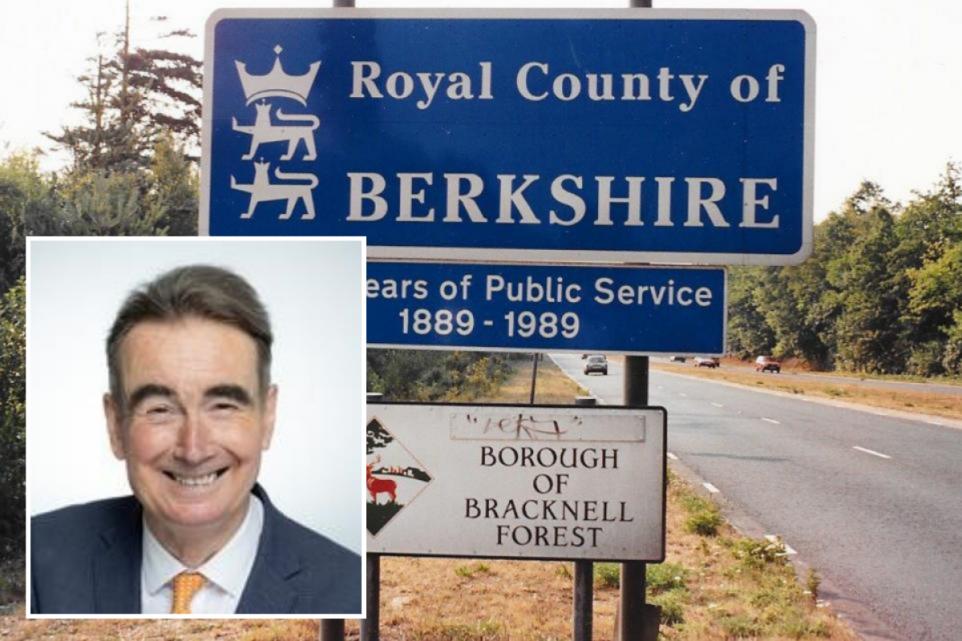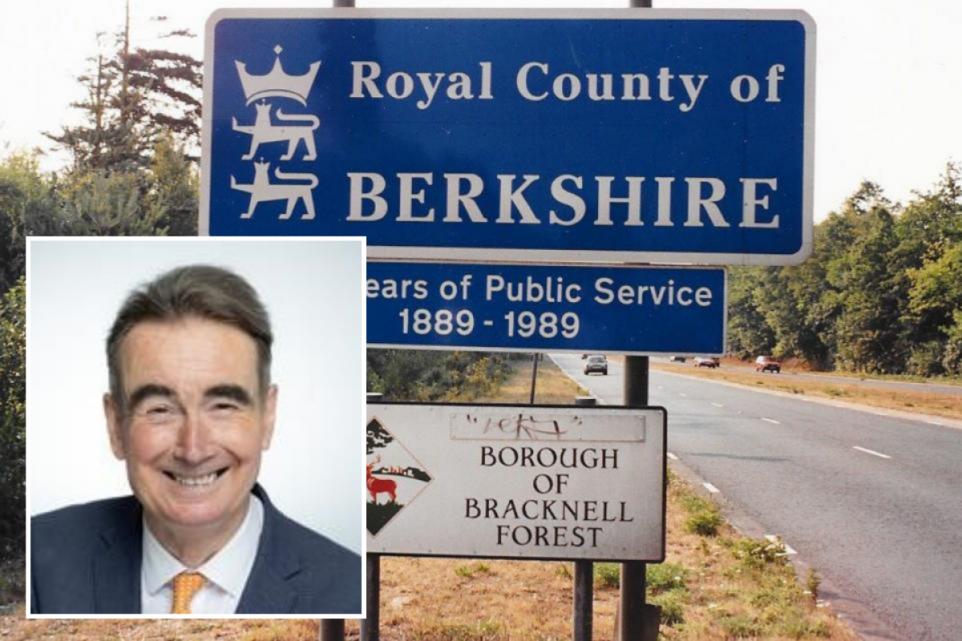From artisanal crepes to rebellious cheesecake waffles, Reading's breakfast rebels are transforming morning meals. These seven spots will revolutionize how you start your day.
The prospect of a regional mayor for Berkshire has sparked controversy, with local council leaders voicing concerns about the potential impact on their authority. Stephen Conway, leader of Wokingham Borough Council, has taken a strong stance against the proposal, warning that a regional mayor would "impose" authority over the existing councils in Berkshire.
Local Governance at a Crossroads
This development raises important questions about the future of local governance in Berkshire and the balance of power between regional and local authorities. As the debate unfolds, residents and officials alike are grappling with the implications of such a significant change to the area's political landscape.
Conway's Concerns: A Threat to Local Autonomy
Stephen Conway, the leader of Wokingham Borough Council, has voiced strong opposition to the proposed regional mayor for Berkshire. Conway's primary concern is that such a position would "impose" authority over the existing councils in the county. This stance highlights the potential power struggle between local and regional governance structures.
Conway's objections raise important questions about the future of local decision-making in Berkshire. The introduction of a regional mayor could significantly alter the current balance of power, potentially diminishing the authority of individual borough councils. This prospect has sparked a heated debate among local leaders and residents alike.
The Implications of Regional Governance

Source: https://www.bracknellnews.co.uk/news/24593344.berkshire-regional-mayor-impose-councils/
The proposed regional mayor role for Berkshire represents a shift towards more centralised governance for the area. While proponents may argue that this could lead to more coordinated regional planning and development, critics like Conway fear it may come at the cost of local autonomy.
The debate touches on fundamental issues of democratic representation and accountability. Local councils, being closer to the communities they serve, often argue that they are better positioned to understand and address the specific needs of their constituents. A regional mayor, while potentially offering a broader perspective, might be seen as more removed from day-to-day local concerns.
The Broader Context of Local Government Reform
This controversy in Berkshire is not occurring in isolation. It reflects a wider trend in the UK towards creating regional power structures, often with the aim of boosting economic development and streamlining governance. Similar debates have played out in other parts of the country, with varying outcomes.
The introduction of regional mayors in areas like Greater Manchester and the West Midlands has shown both the potential benefits and challenges of this approach. These experiences may inform the ongoing discussions in Berkshire, as stakeholders weigh the pros and cons of such a significant change to their local governance structure.
Looking Ahead: The Path Forward
As the debate continues, it's clear that any decision on the introduction of a regional mayor for Berkshire will have far-reaching consequences for local governance in the area. The concerns raised by Stephen Conway and potentially other local leaders will need to be carefully considered and addressed.
The coming months are likely to see further discussions and possibly public consultations on this issue. The outcome of this debate could set a precedent for how local and regional governance structures interact in Berkshire and potentially influence similar discussions in other parts of the UK.
The Road Ahead: Navigating Berkshire's Governance Crossroads
As Berkshire stands at a pivotal juncture in its governance structure, the debate over a regional mayor continues to intensify. The coming months will likely see increased dialogue between local council leaders, regional stakeholders, and residents as they grapple with the potential ramifications of this significant change.
Balancing Regional Ambitions with Local Needs
One of the key challenges moving forward will be finding a balance between the potential benefits of regional coordination and the preservation of local autonomy. Stakeholders will need to explore innovative governance models that can harness the advantages of a regional approach while safeguarding the ability of local councils to address community-specific issues.
Public Engagement and Transparency
As the debate unfolds, ensuring robust public engagement will be crucial. Town halls, community forums, and digital platforms may play a vital role in gathering input from Berkshire residents. Transparency in decision-making processes and clear communication of the potential impacts of a regional mayor will be essential in building public trust and understanding.
Learning from Other Regions
Berkshire has the opportunity to learn from the experiences of other regions that have implemented similar governance changes. Studying the successes and challenges faced by areas with established regional mayors could provide valuable insights and help avoid potential pitfalls.
Economic and Development Considerations
The debate over a regional mayor is intrinsically linked to discussions about Berkshire's economic future and development strategies. Stakeholders will need to carefully consider how different governance structures might impact the region's ability to attract investment, manage growth, and address cross-borough challenges such as transportation and housing.
As Berkshire navigates this complex landscape of local governance reform, the decisions made in the coming months could shape the region's political, economic, and social fabric for years to come. The outcome of this debate will not only affect Berkshire but may also influence future discussions on regional governance across the UK.
